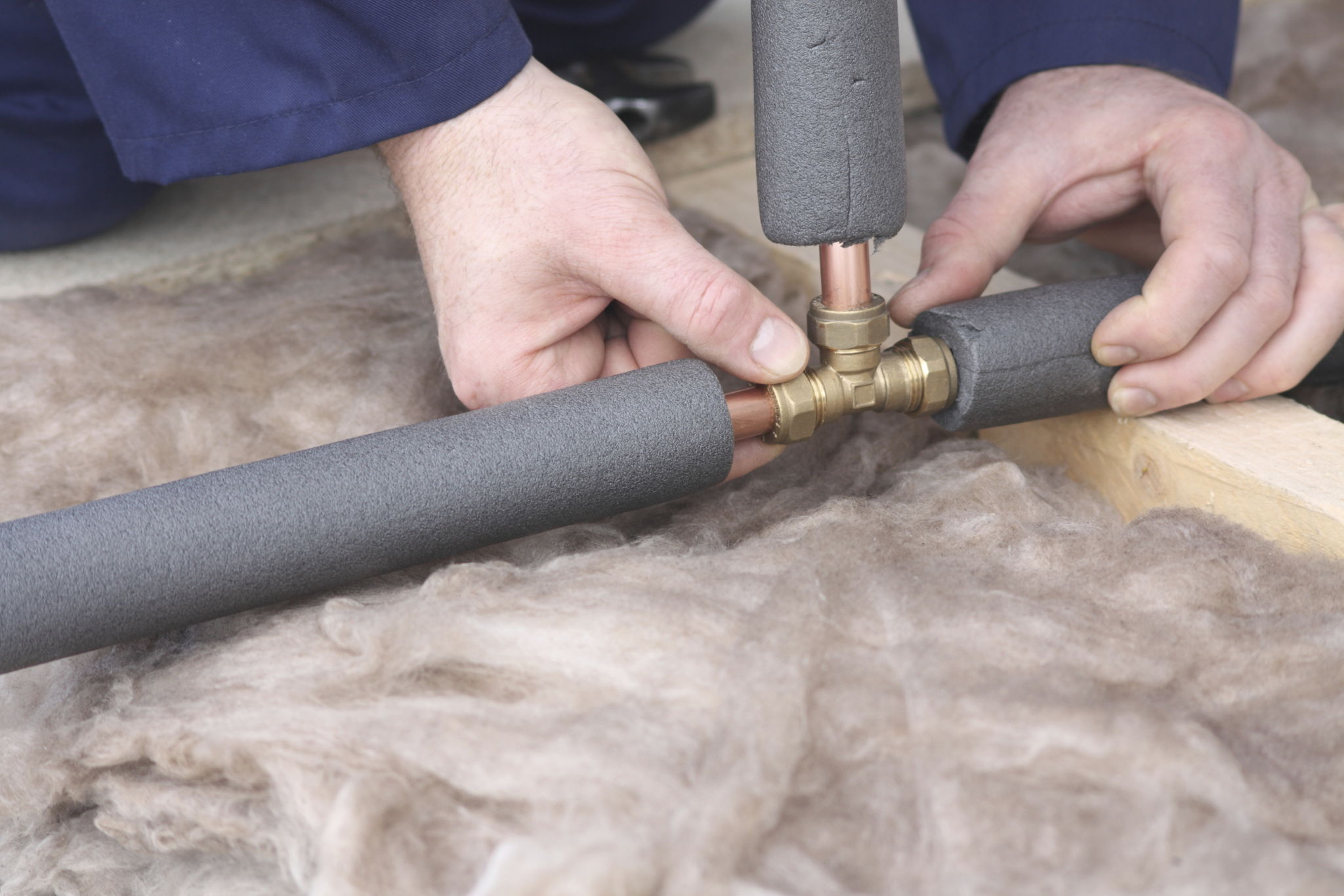Seasonal Septic System Maintenance: Preparing for New England Winters
Understanding the Importance of Seasonal Maintenance
As the crisp air of New England autumn transitions into the biting cold of winter, homeowners must prepare their properties for the forthcoming weather challenges. Among these preparations, septic system maintenance should be at the top of the list. Proper care can prevent costly repairs and ensure a smoothly functioning system throughout the colder months.
Neglecting your septic system during the winter can lead to freezing pipes, backups, and even system failure. To avoid these issues, a proactive approach is essential. This guide will walk you through crucial maintenance steps to protect your septic system from the harsh New England winters.

Inspecting and Pumping Your Septic System
The first step in winterizing your septic system is conducting a thorough inspection. A professional inspection can identify any existing issues that might worsen during the winter. If your septic tank has not been pumped in recent years, it's wise to schedule a pumping before the ground freezes.
Pumping the tank removes accumulated solids, which can cause blockages if left unchecked. This process not only prevents backups but also allows your system to operate more efficiently during periods of low temperature and high usage, like the holiday season.
Insulating Your Septic System
Insulation is a critical aspect of protecting your septic system from freezing temperatures. Covering the septic tank and pipes with a layer of mulch or straw can help retain warmth. Additionally, ensuring that any exposed pipes are properly insulated will further safeguard against freezing.
In some cases, installing specially designed septic blankets can provide an added layer of protection. The key is to maintain a consistent temperature around your system to prevent freezing and maintain optimal functionality.

Conserving Water Usage
During the winter months, conserving water becomes more important than ever. Excessive water usage can overload your septic system, leading to potential damage. By spreading out laundry loads and taking shorter showers, you can significantly reduce the strain on your system.
Additionally, fixing any leaks in toilets or faucets will prevent unnecessary water flow into your septic tank. Conserving water not only benefits your system but also helps in reducing utility bills during the colder months.
Monitoring and Maintenance
Regular monitoring of your septic system is essential throughout the winter. Keep an eye out for any signs of malfunction, such as slow drains or unusual odors. Early detection of issues allows for prompt intervention, potentially saving you from costly repairs.
Consider scheduling routine maintenance checks with a professional to ensure everything is functioning as it should. A professional can provide insights and recommendations tailored to your specific system needs.

Preparing for Emergencies
No matter how well-prepared you are, emergencies can still occur. It's beneficial to have a backup plan in place. Keep contact information for professional septic services handy in case immediate assistance is needed.
By following these preventative measures and staying vigilant throughout the winter months, you can ensure that your septic system remains functional and efficient despite the harsh New England weather.
